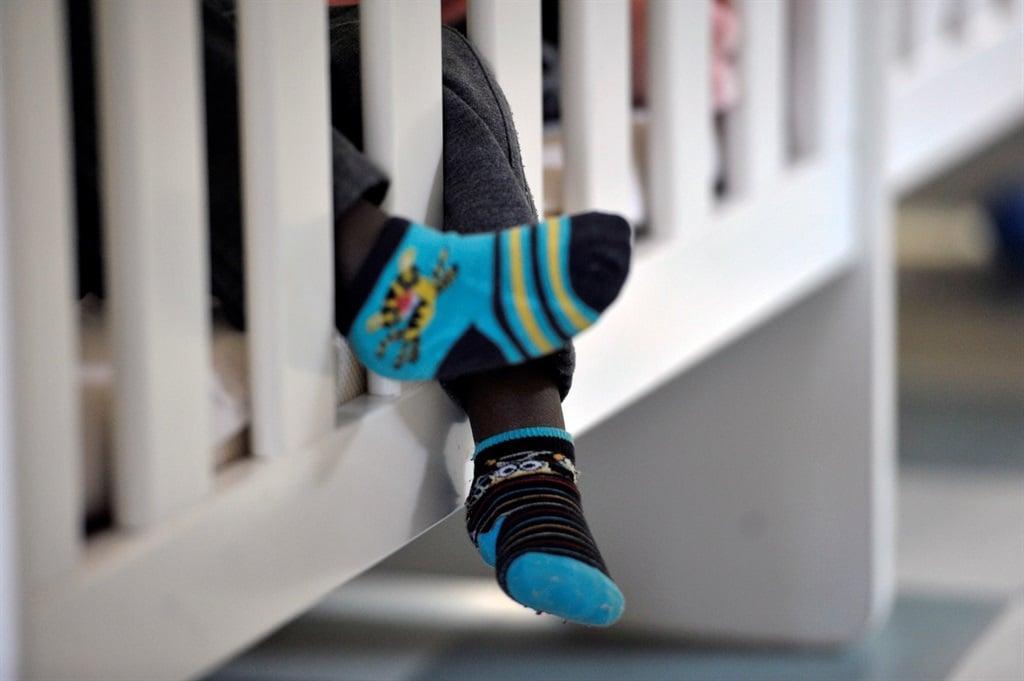Africa-Press – South-Africa. As the country commemorates Child Protection Week, Western Cape non-governmental organisations (NGOs) say they may soon have to stop providing essential child protection services if funding does not increase.
Child Protection Week takes place between 29 May to 5 June 2023, to raise awareness of the rights of children.
Children’s Institute senior researcher, Lucy Jamieson, said the burden of child protection services falls heavily on the shoulders of NGOs.
“In the Western Cape, NGOs render 55% of all child protection services. But they are required, by law and service level agreements, to deliver the same standards of care as government, for a fraction of the cost.
“On average, the subsidies received by NGOs from the provincial Department of Social Development amount to a mere 42% of the funding provided to government offices to render the same services,” Jamieson said.
Ronel van Zyl, the director of social services programmes at Badisa, said that, over the last five years, subsidies for child protection NGOs in the Western Cape had remained at the same level.
She said:
“It’s the worst it has ever been.”
News24 previously reported that the provincial social development department announced its budget would not stretch to increasing funding for its NGO partners.
Social Development MEC Sharna Fernandez said the department had received a 4.05% increase, “inching it up” from R2.3 billion to R2.4 billion.
In addition, as the gap between government and NGO salaries grows, it becomes harder for NGOs to retain staff, especially at the more senior levels, said Bettie Nieuwoudt, the director of StellCARE.
“We are increasingly dependent on volunteers, who step in at 16:00 when the paid social workers go home. These people are helping the community to tackle violence and we cannot even take them out of their own poverty,” she said.
Jamieson said Section 28 of the Constitution ensures children have the right to be protected from abuse and neglect, and to be provided with social services.
“The active phrasing (‘to be protected from’) makes it clear that the state has a duty to take proactive steps to prevent violence from happening and to act swiftly to prevent further harm when a child has experienced violence.”
Yet, South Africa’s “comprehensive legal framework aimed at upholding and protecting the rights of children” is inadequate, and the “demand for child protection services is increasing, not decreasing”, Jamieson said.
Many child protection service NGOs have already closed, and more are likely to follow suit, said Jamieson.
“If child protection services close, thousands of children will be without protection because NGOs only receive a partial subsidy. The government cannot fill the gap in child protection services that will occur when these services close.
“It is a simple equation – if it costs the government two to three times more to provide services than it pays to NGOs to provide child protection services on its behalf, then either the government must increase its own personnel budget two or three-fold or cut protection services to children and families,” she said.
The Western Cape’s commissioner for children said it was aware of ongoing resource constraints and other challenges in the child protection sector.
The commissioner, Christina Nomdo, said in a statement:
More than 100 NGOs rendering statutory child protection services are funded by the provincial social development department for R200 million, said Nomdo.
The department also funds 140 NGOs, which render preventative and early intervention services, at a cost of R106 million, reaching 18 000 families and 60 000 children.
In the province, 42 388 children are currently in alternative care, while those in foster care stand at 39 550.
In a statement, the department said it had 26 funded and registered drop-in centres and Risiha sites in the province.
Drop-in centres provide basic services to vulnerable children to enhance their emotional, physical and social development via social workers and child and youth care workers. Risiha is a community-based child protection programme aimed at protecting orphans and vulnerable children.
“The sector has also seen an increased demand for their services caused by an array of social ills. With the diminishing funding, from the government and private donors, the sector is struggling to keep up with this demand,” said Nomdo.
“Some of the NGOs services had shut down, leaving a cemetery of dead, designated child protection offices, while many other services and offices throughout the province are in the ICU.”
For More News And Analysis About South-Africa Follow Africa-Press






